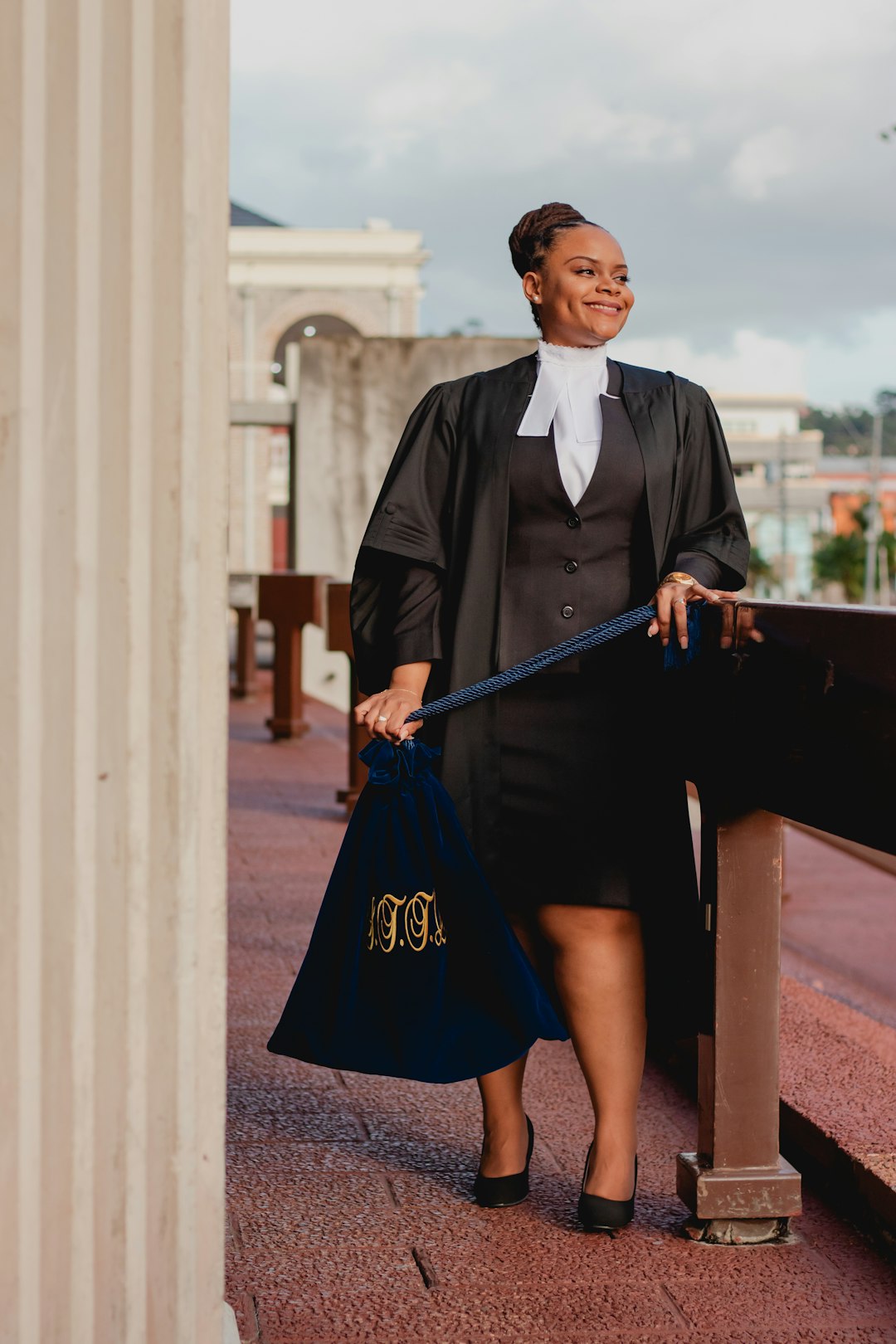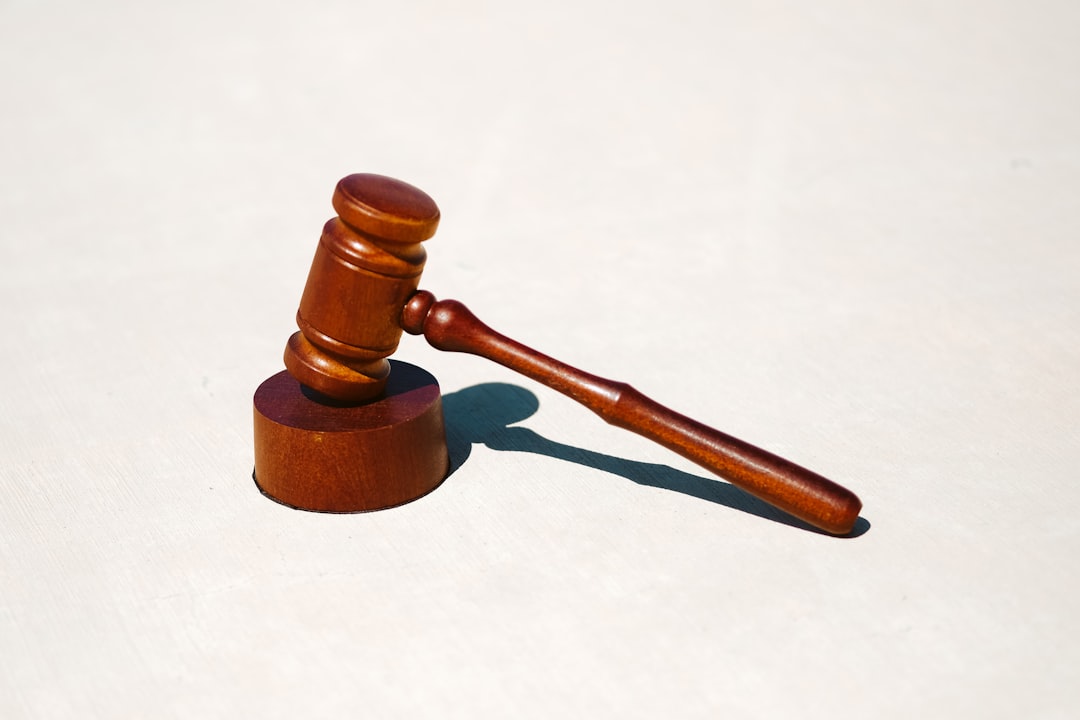Colorado's commitment to tackling sexual misconduct in schools involves a multi-faceted approach led by educators. Strict state laws, enforced by school abuse law firms, mandate comprehensive training for teachers to identify and report potential threats. Schools implement policies establishing clear boundaries, promoting open communication, and fostering respectful environments to prevent abuse. Educators play a critical role in recognizing signs, reporting suspicious behaviors, and collaborating with legal experts and community groups to support victims, ensuring a safer learning atmosphere through continuous education and awareness.
In Colorado, addressing sexual abuse within schools is paramount. This article explores the multifaceted role educators play in preventing such crimes, drawing on insights from legal frameworks, school policies, and ongoing training initiatives. Understanding the scope of the issue requires a deep dive into relevant laws, like those enforced by leading Colorado school abuse law firms. We examine best practices for recognition, prevention, and intervention, emphasizing the importance of fostering a culture of safety in Colorado’s educational institutions.
Understanding the Scope of Sexual Abuse in Colorado Schools
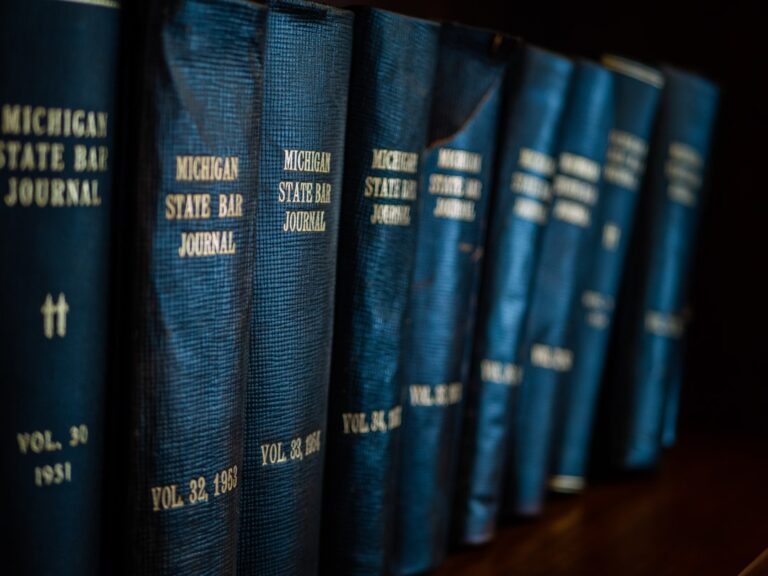
In Colorado, sexual abuse in schools remains a significant concern, prompting educators to play a pivotal role in its prevention. The state’s school abuse law firm reports that instances of student-on-student and teacher-on-student misconduct are on the rise, underscoring the urgent need for proactive measures. This problem is exacerbated by the fact that many cases go unreported due to fear, shame, or a lack of understanding of what constitutes abusive behavior.
Educators are at the forefront of identifying and addressing these issues. They must be equipped with comprehensive training on recognizing signs of abuse, establishing clear boundaries, and implementing policies that foster a safe learning environment. By promoting open communication, encouraging students to speak out, and fostering a culture of respect, educators can significantly contribute to preventing sexual abuse within Colorado’s school system.
Legal Frameworks and School Policies: A Shield Against Abuse
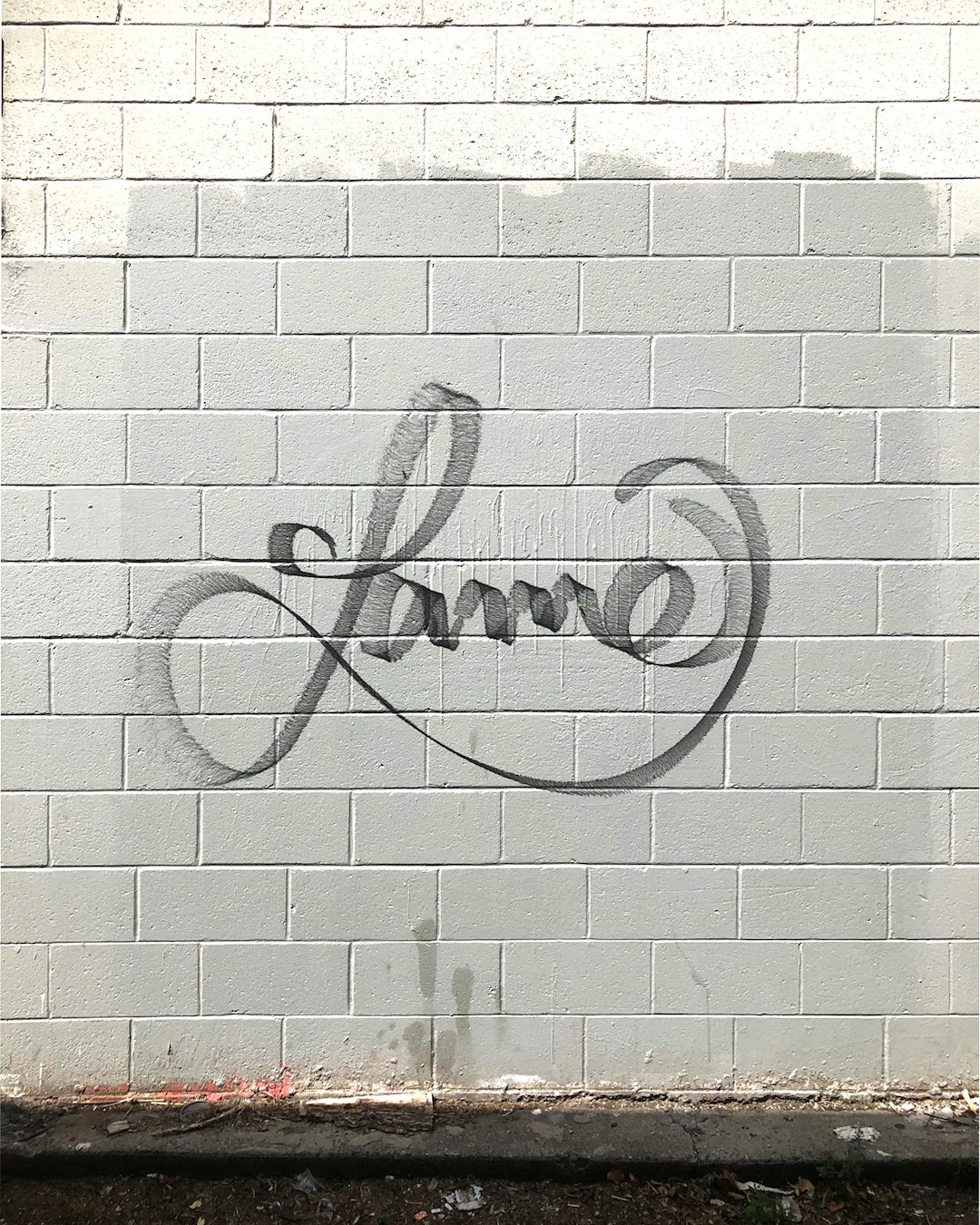
In Colorado, the prevention and addressing of sexual abuse in schools is governed by a robust legal framework and stringent school policies. These measures serve as a vital shield against such heinous acts, ensuring the safety and well-being of students. The state’s laws, enforced by reputable school abuse law firms in Colorado, mandate comprehensive training for educators to identify potential threats and respond appropriately. This includes recognizing signs of abuse, understanding child sexual behavior, and knowing how to report suspected incidents without causing further harm to the victim.
School policies complement these legal provisions, outlining clear guidelines for prevention, intervention, and post-incident support. These policies often involve regular workshops and seminars for staff, promoting a culture of awareness and accountability. By adhering to these frameworks, Colorado schools aim to create an environment where students feel secure and any instances of abuse are promptly addressed, fostering a positive learning atmosphere.
The Educator's Role: Recognition, Prevention, and Intervention
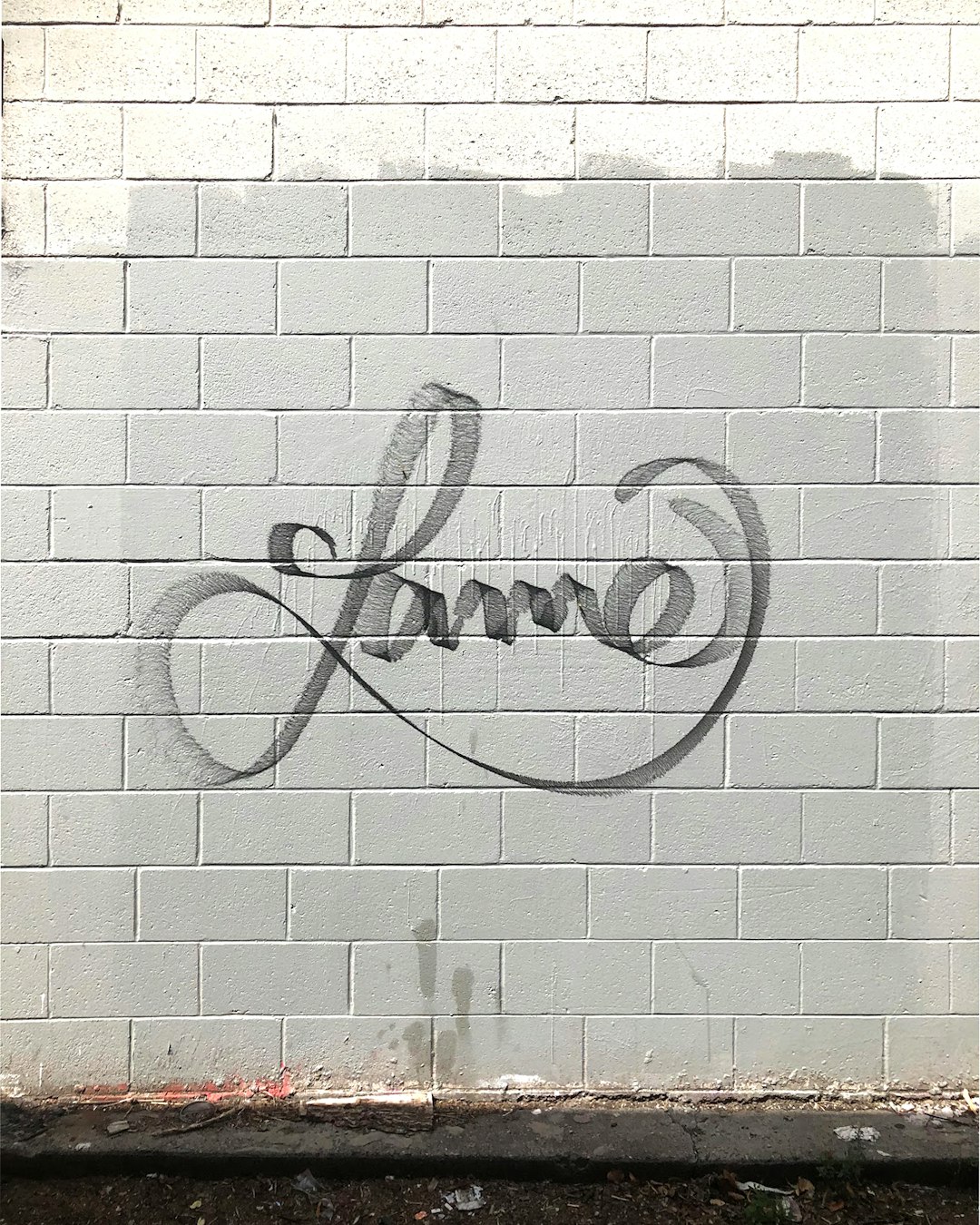
Educators play a pivotal role in recognizing, preventing, and intervening in cases of sexual abuse within Colorado schools. They are often the first line of defense against potential perpetrators and can significantly impact the safety of their students. By staying informed about the signs of abuse, educators can identify at-risk individuals and take proactive measures to protect them. This includes implementing school policies that adhere to Colorado’s stringent child protection laws, ensuring a safe learning environment, and fostering open communication with students.
When suspicious activities or behaviors are observed, educators should promptly report these concerns to the appropriate authorities, including school administrators and law enforcement, who can then facilitate a thorough investigation. A collaborative effort between schools, legal professionals specializing in school abuse cases, and community organizations is essential to developing effective prevention strategies and supporting victims.
Fostering a Culture of Safety: Continuous Training and Support
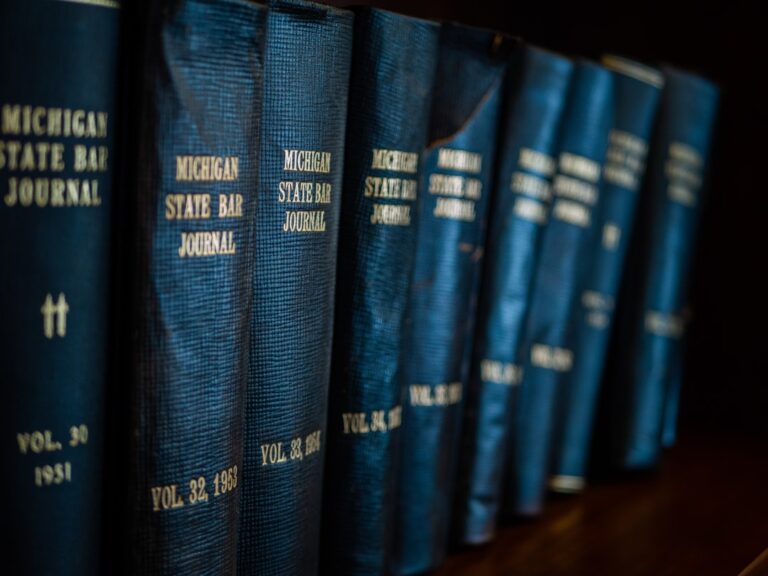
Educators play a pivotal role in fostering a culture of safety within Colorado schools, especially when it comes to preventing sexual abuse. Continuous training and support are essential elements in this process. By participating in regular workshops, seminars, and online courses, educators can stay updated on the latest research, trends, and legal guidelines related to child protection. These programs often cover topics like recognizing signs of abuse, reporting procedures, and creating safe spaces for students.
School abuse law firms in Colorado emphasize the importance of such ongoing education. It equips teachers with the knowledge and skills to identify potential issues and respond appropriately. Additionally, fostering open communication encourages students to speak up about any concerns or experiences, knowing they will be supported and taken seriously. This proactive approach is crucial in building a safe environment where every student feels valued and protected.

